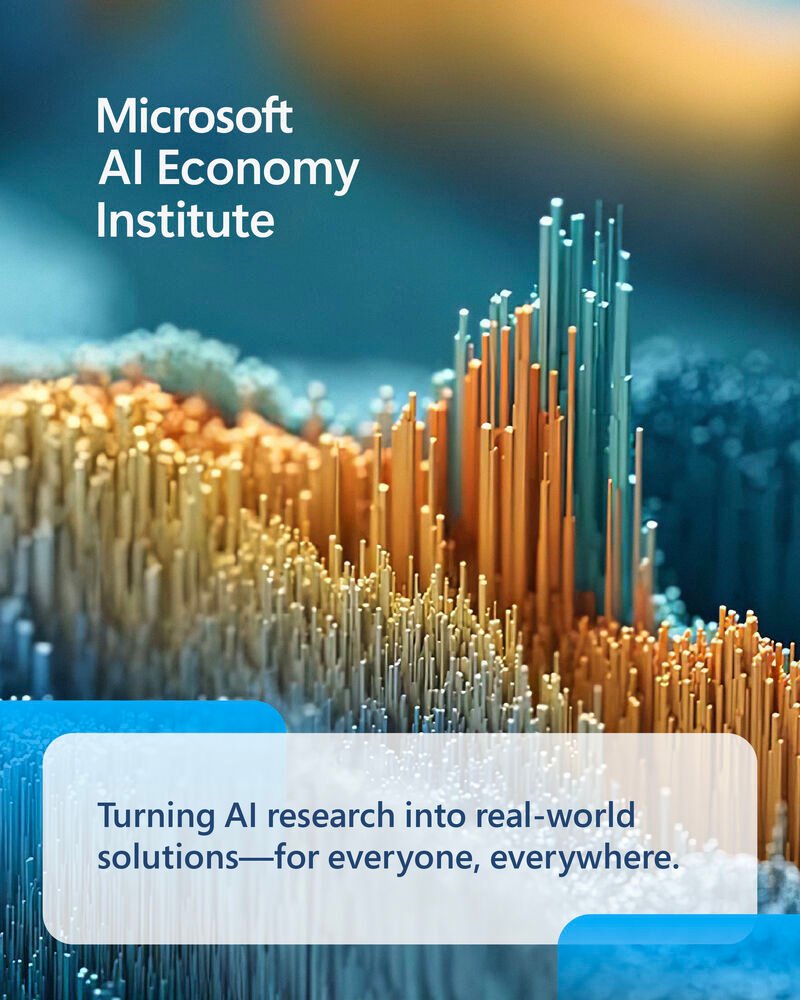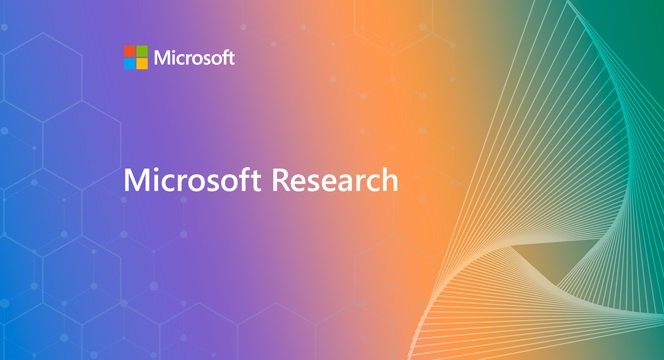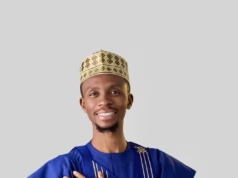In a compelling move that reflects Microsoft’s unwavering commitment to thoughtful technological progress, the Microsoft AI Economy Institute (AIEI) has officially opened its second global invitation for research proposals. With a deadline set for 29 September 2025, the initiative invites scholars and experts from around the globe to explore how generative artificial intelligence (AI) is reshaping the terrain of entry-level employment, pedagogical practices, and workforce preparedness across diverse educational contexts.
Table of Contents

Microsoft’s AI Economy Institute Grant Funding and Programme Timeline
Successful applicants will be awarded a USD 75,000 grant, accompanied by a travel stipend—USD 7,500 for those based in North America and USD 20,000 for researchers elsewhere. Beyond the financial support, awardees will commit to a structured schedule: from November 2025 to March 2026, participants will engage in bi-weekly virtual meetings, bolstering collaboration and shared learning. In April 2026, a workshop will be held in-person at a Microsoft location, giving a valuable opportunity for face-to-face discourse. By May 2026, researchers must submit a book chapter, and by June 2026, they will share findings at a policy convening, capped by a peer-reviewed, open-access journal article due 30 June 2026.
Areas of Interest: Entry-Level Jobs, Schools, Colleges, and Global Disparities
AIEI’s call centres on four thematic areas, each reflecting pressing challenges posed by generative AI’s rapid integration:
- Entry-level Employment
The Institute seeks studies examining how AI is influencing the tasks, roles, and pathways that define entry-level jobs. Can we observe how employers and employees are adapting? How are training models evolving in response? - K–12 Teaching Dynamics
Research is needed to discern shifts in lesson planning, grading, teacher workload—and even the ethical dilemmas emerging within classrooms—as generative AI finds its way into schools. - Community, Technical, and Vocational Colleges
AIEI welcomes insights into how two-year and technical institutions might accelerate workforce readiness, ensuring students gain fluency in AI skills foundational to the future economy. - Cross-Country Variations in AI Adoption
The Institute is especially interested in comparative analyses—probing why some nations are moving faster than others, and how their respective regulatory frameworks and readiness levels influence outcomes.

Why This Matters: Inclusive, Rigorous, Real-World Research
Microsoft’s AIEI operates within the larger AI for Good Lab, serving as a dedicated research hub to foster independent, actionable studies on AI’s economic and social ripples around the world. This initiative is not about polished corporate PR—it’s about championing responsible, equitable, and universally beneficial AI deployment.
The Institute’s first cohort already spans numerous institutions, tackling issues like the transformation of higher-ed curricula, micro-credentials, and bridging policy gaps in African universities. These endeavours aim to inform policymakers, employers, educators, and worker communities.
This second call reinforces that ambition—providing a timely and structured mechanism for research that blends methodological rigour with real-world relevance, particularly as AI disrupts traditional pathways to learning and work.
Eligibility and Selection Criteria
Researchers from accredited universities and research organisations worldwide are invited to apply. While each proposal must name a principal investigator, teams with interdisciplinary strengths are encouraged.
Submission quality will be assessed on:
- Alignment with AIEI’s mission—emphasising responsible and inclusive AI
- Originality and innovative thinking
- Methodological strength and academic rigour
- Equity focus and tangible real-world application
Grant winners will become senior fellows of the Institute, offering expanded opportunities such as presenting at major industry or academic forums.
What This Means for Nigeria—and Beyond
In the Nigerian context—where the tension between youth unemployment and a booming tech sector is all too real—this call represents a unique opportunity. Imagine research that evaluates how AI could reshape entry-level banking jobs, enhance teacher efficiency in Nigerian classrooms, or equip technical colleges with AI-fluency models tailor-made for local industry needs.
For Nigerian academics and institutions eager to produce policy-focused, globally competitive research, this is a stage to contribute to global discourse while championing local relevance.

Conclusion: A Call to Shape AI’s Global Impact Responsibly
With submissions closing on 29 September 2025, emerging researchers, universities, and think-tanks have a short but exciting window to respond to this clarion call from Microsoft’s AI Economy Institute.
This is not just another grant—it’s an invitation to co-author a critical chapter in how the world adapts to AI’s economic and social transformations. In true Nigerian spirit, it’s a chance to amplify our voices, address local realities, and help ensure that AI impacts work and education with fairness, foresight, and lasting positive change.
Join Our Social Media Channels:
WhatsApp: NaijaEyes
Facebook: NaijaEyes
Twitter: NaijaEyes
Instagram: NaijaEyes
TikTok: NaijaEyes





